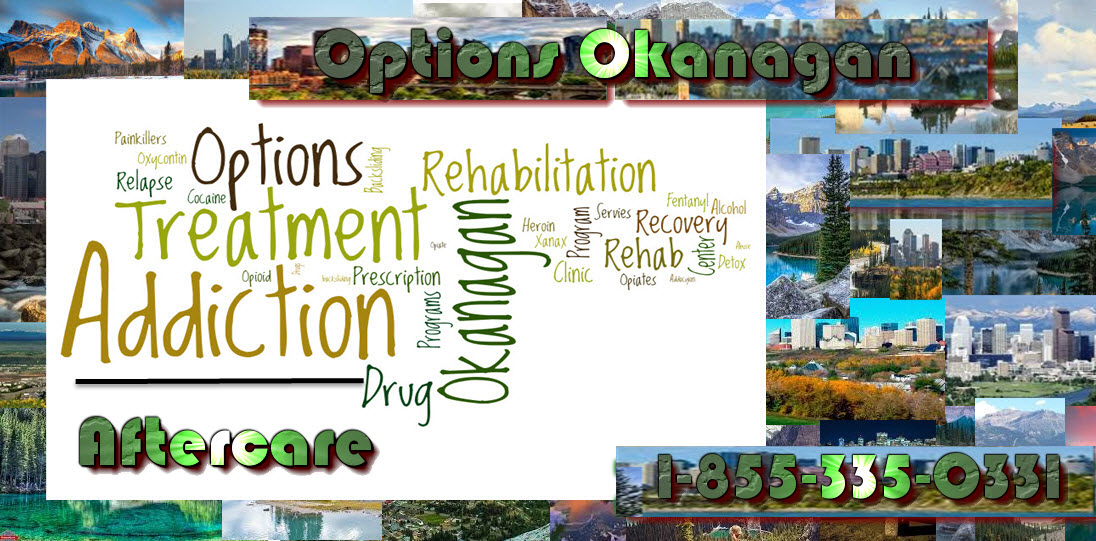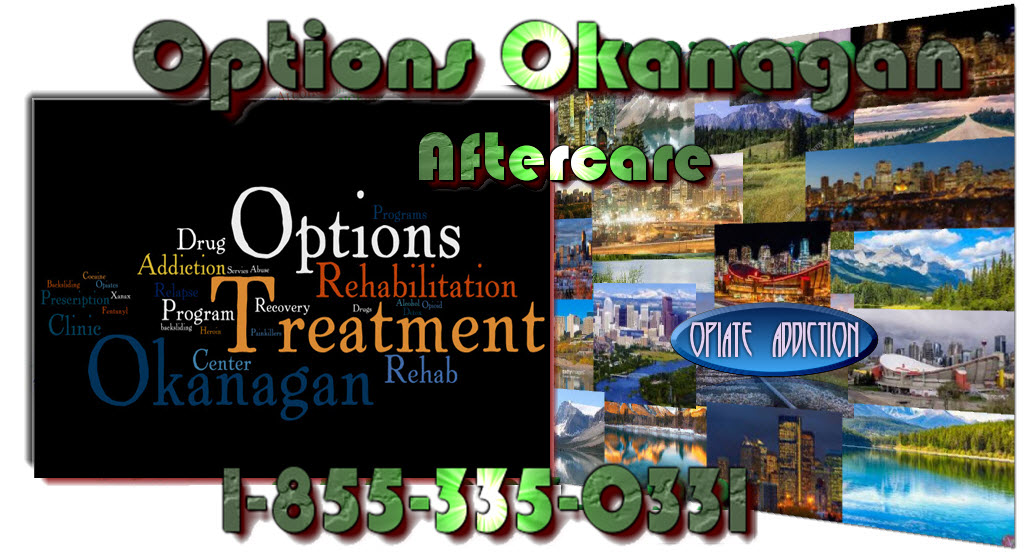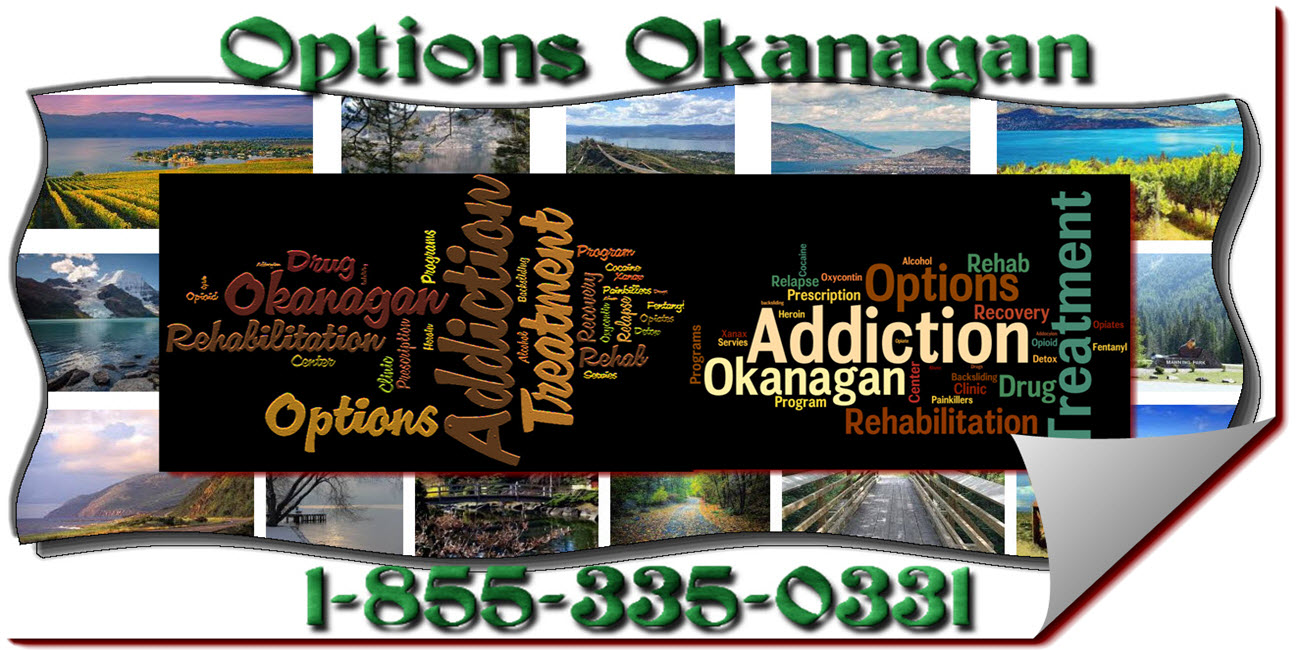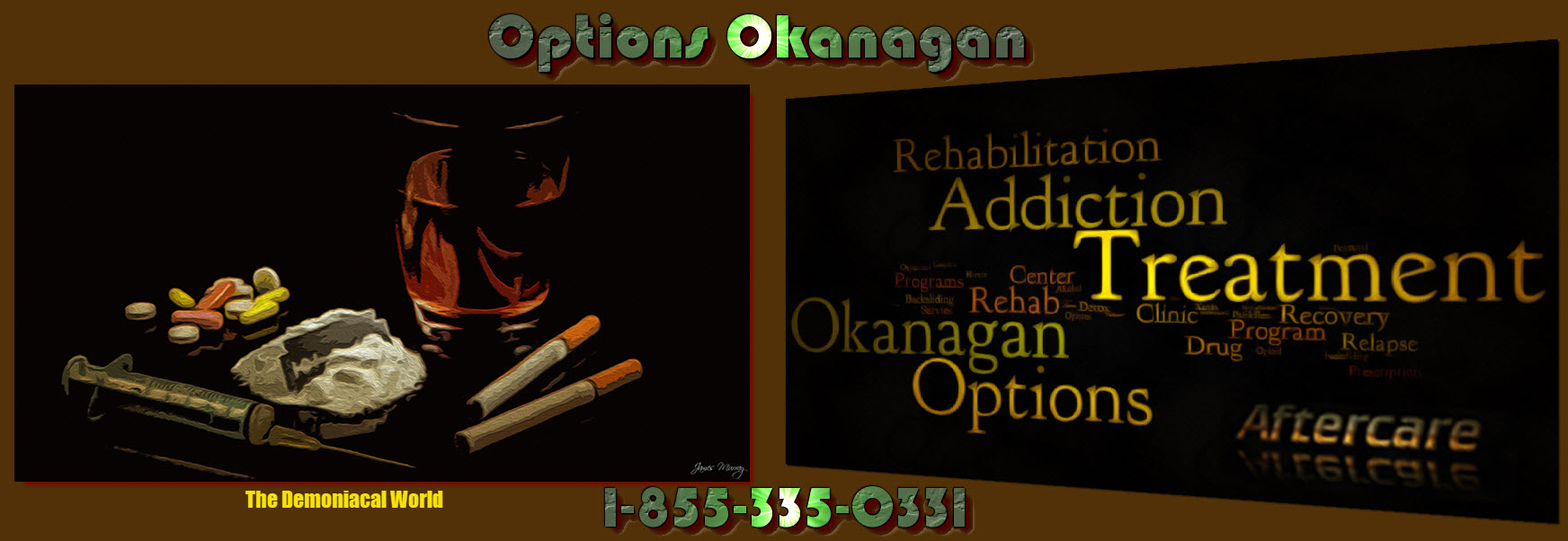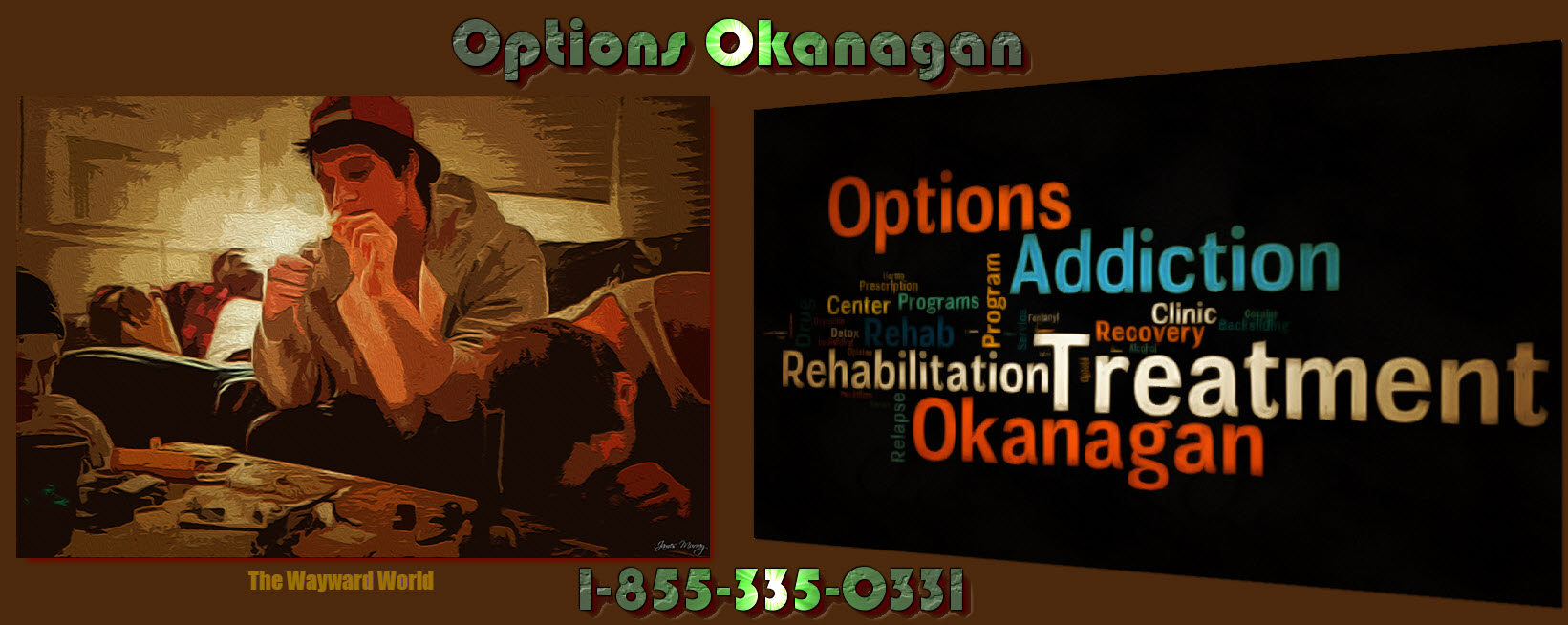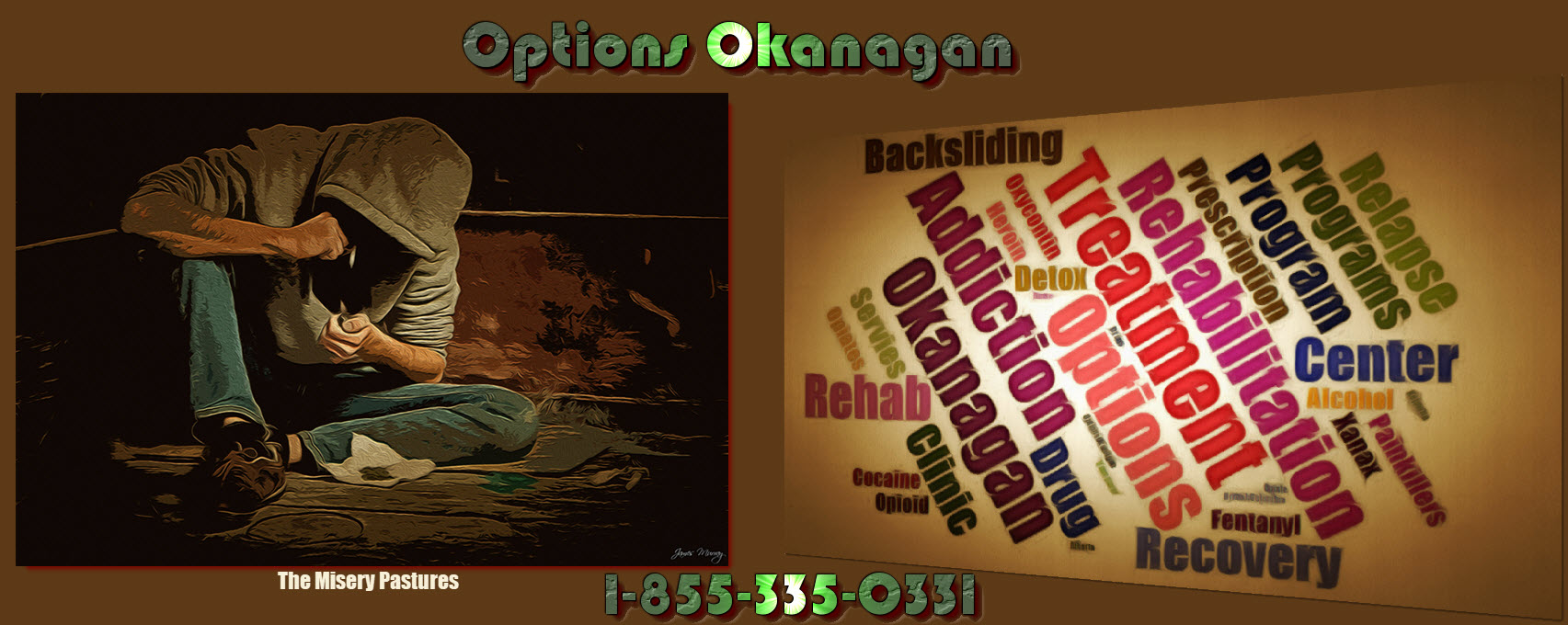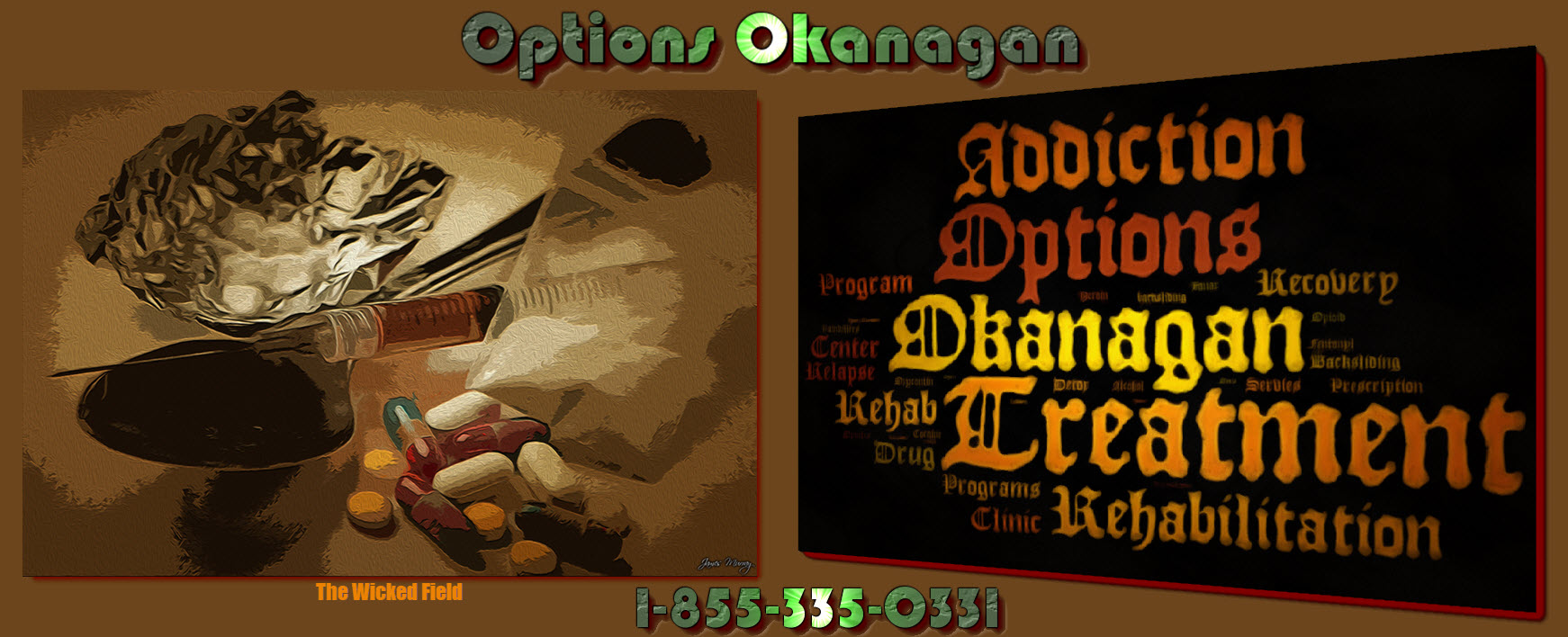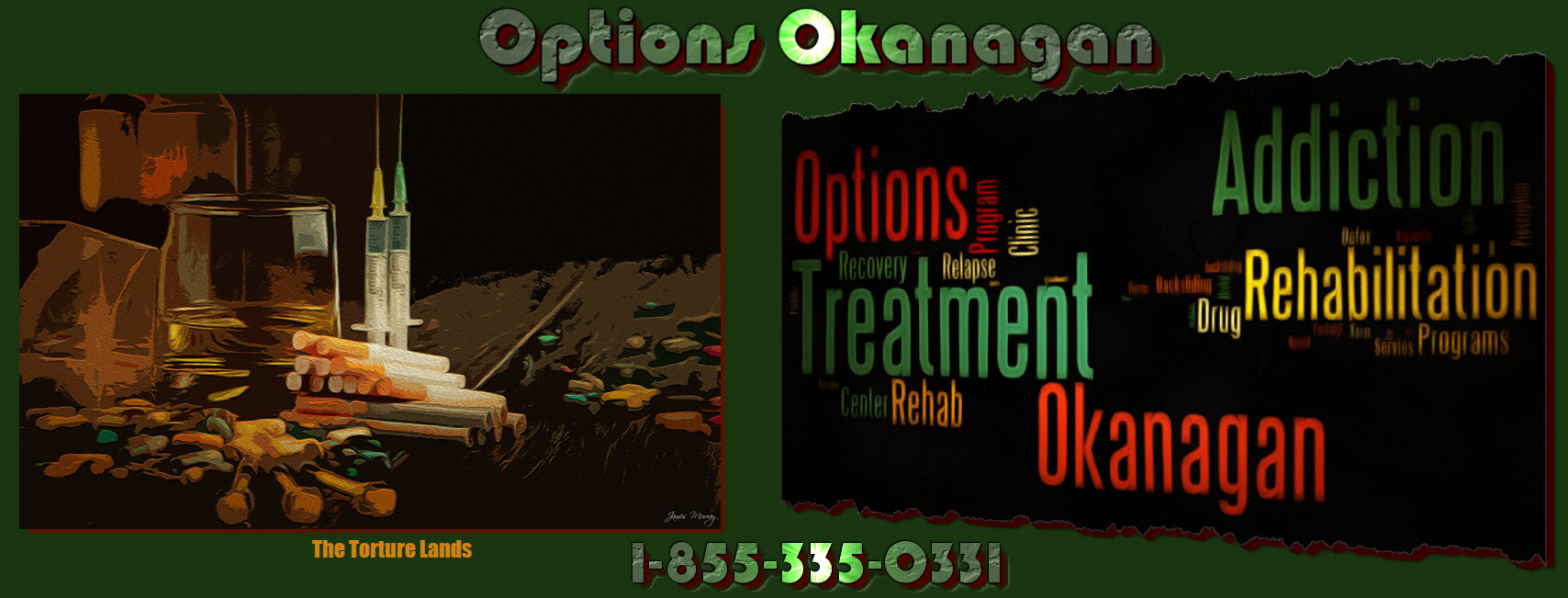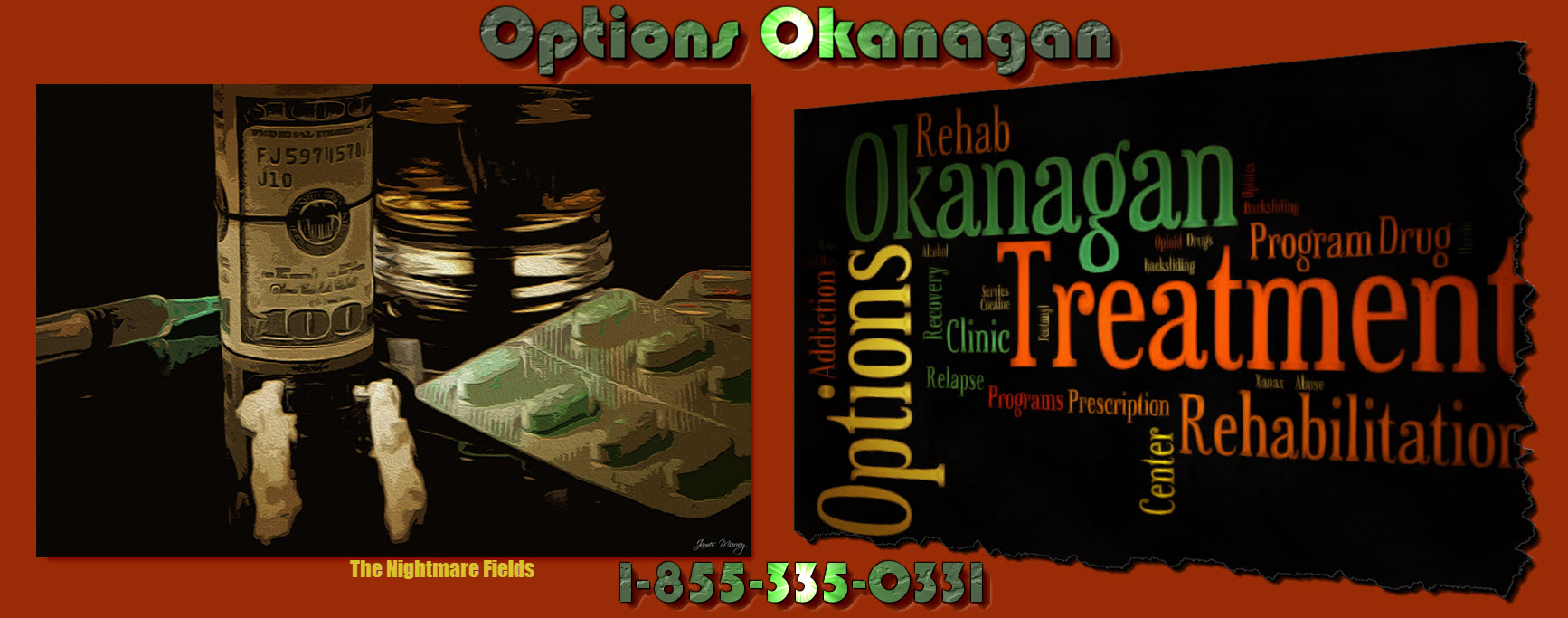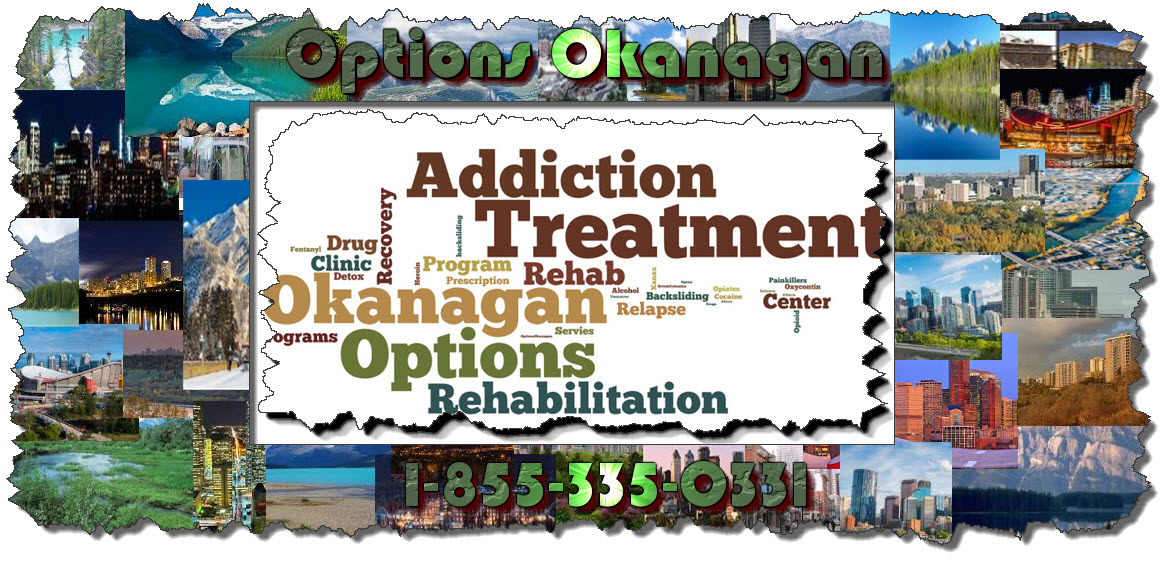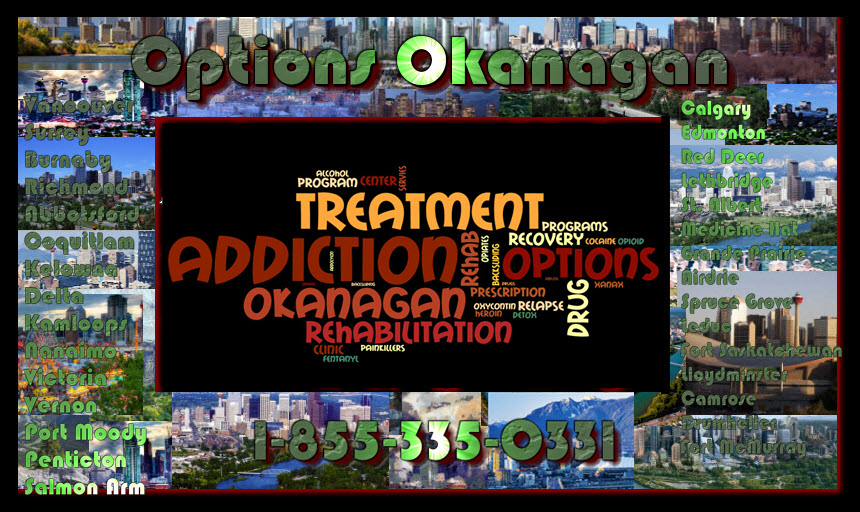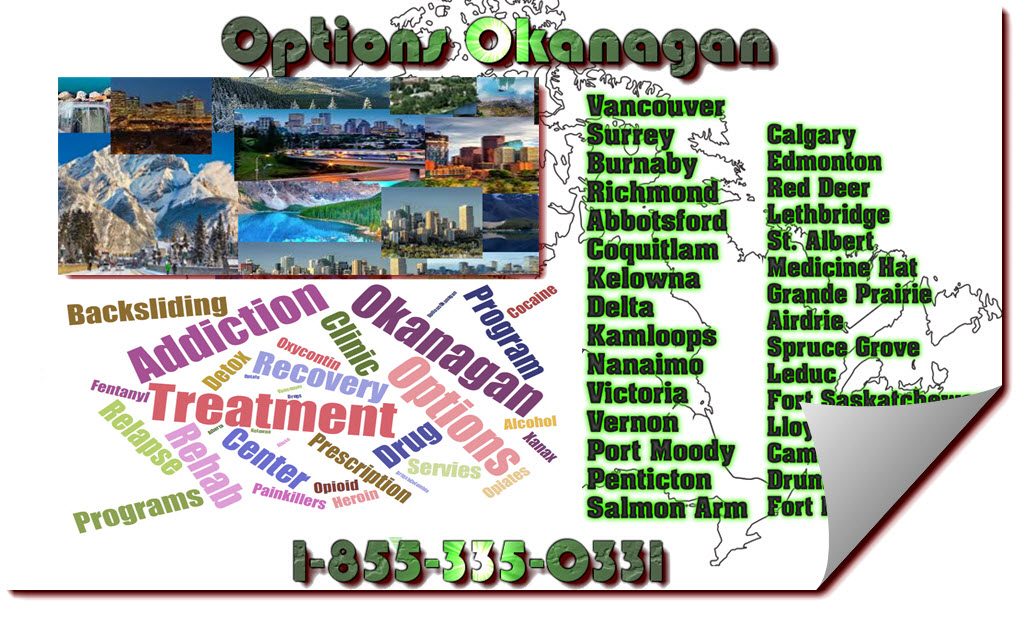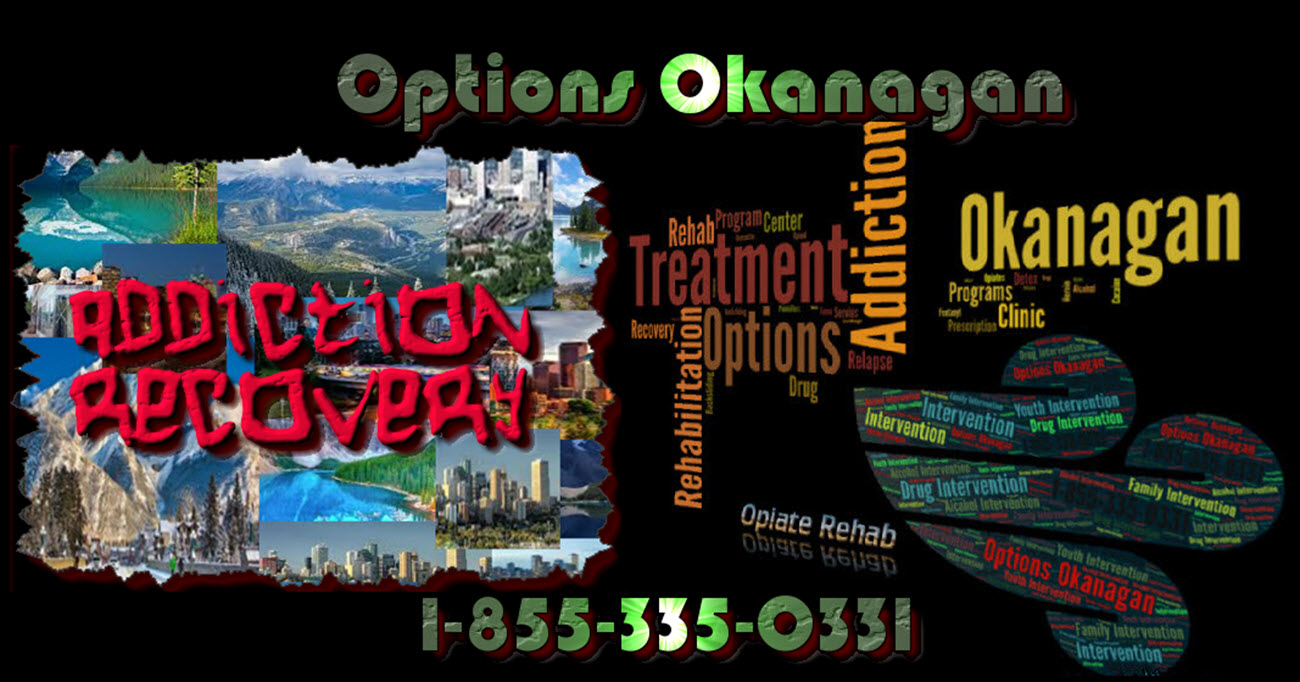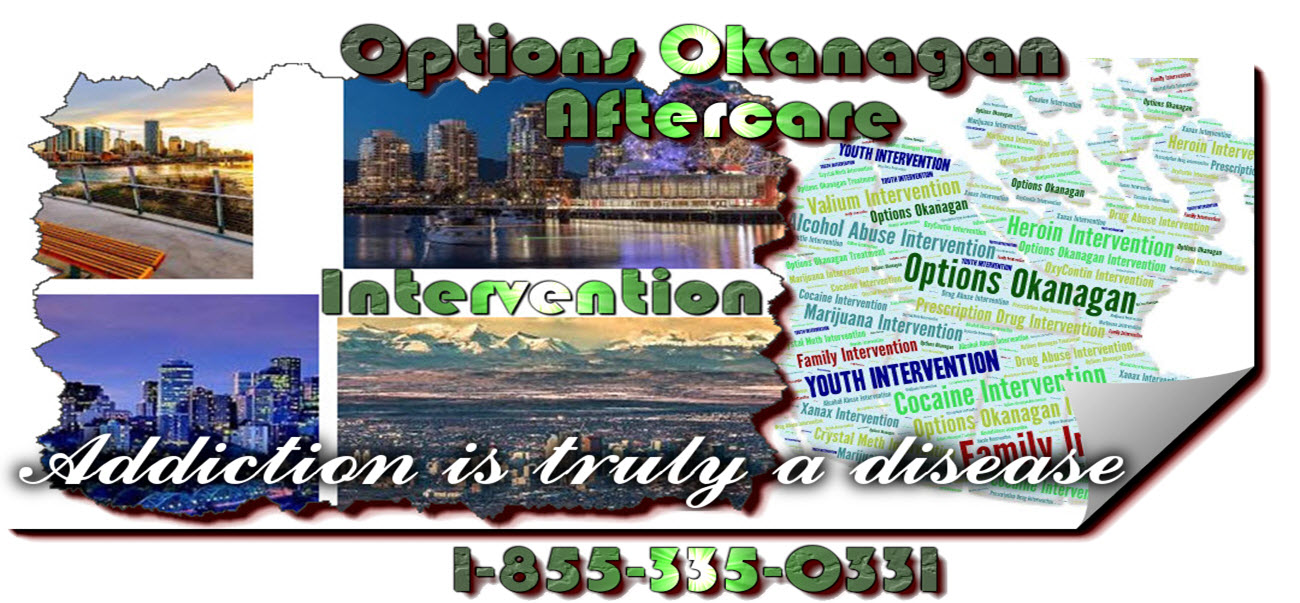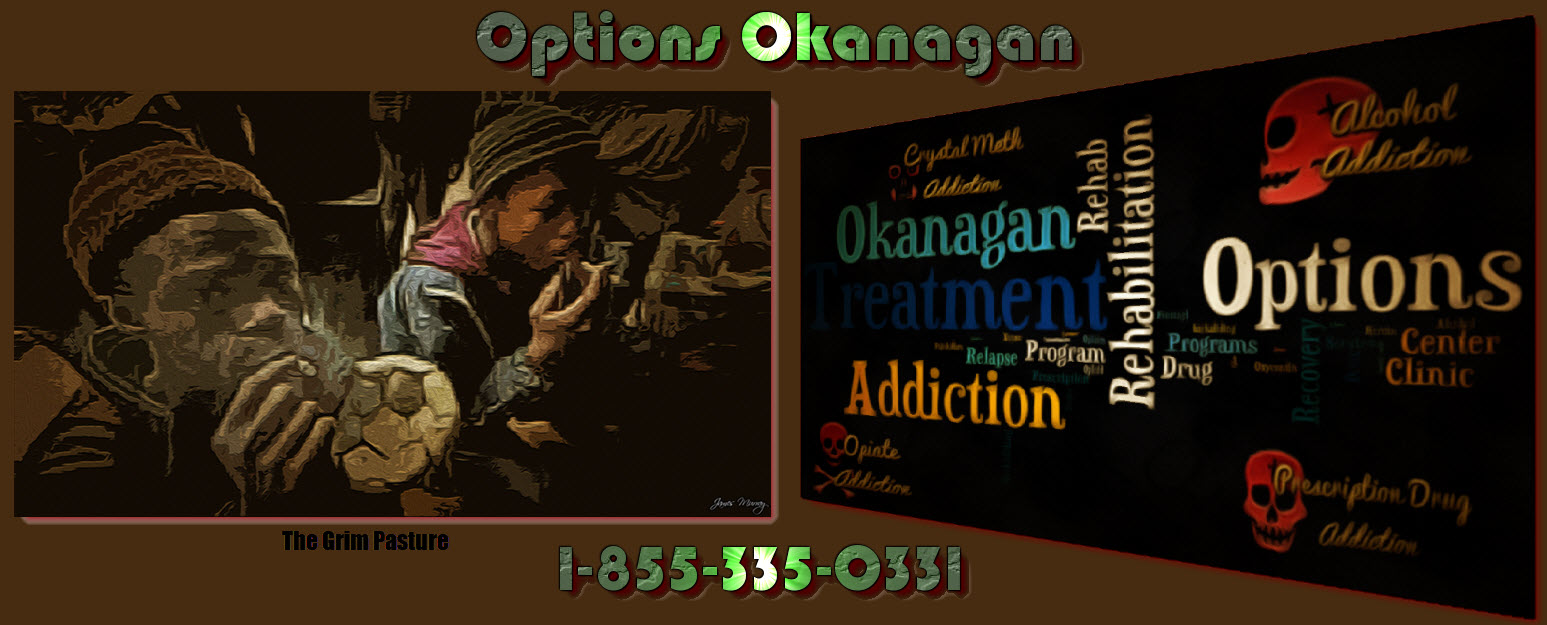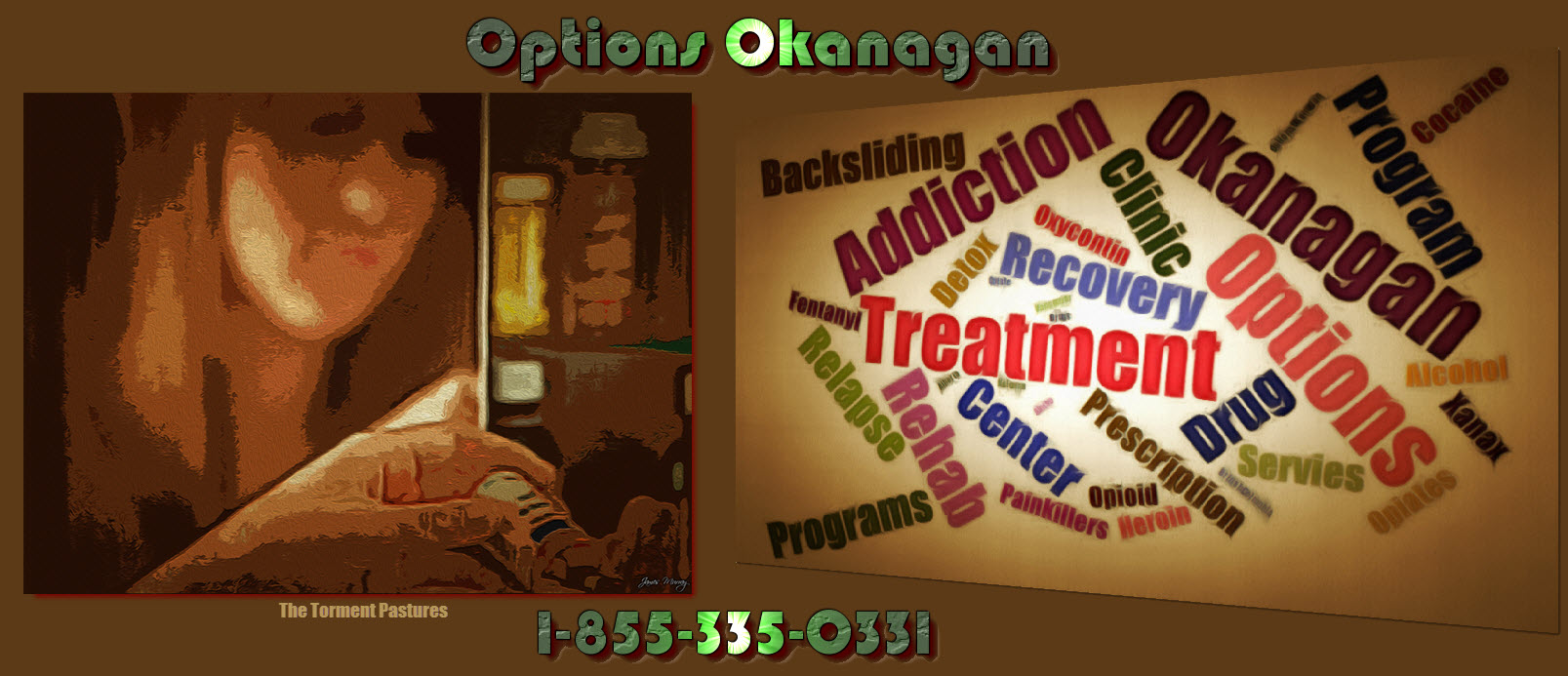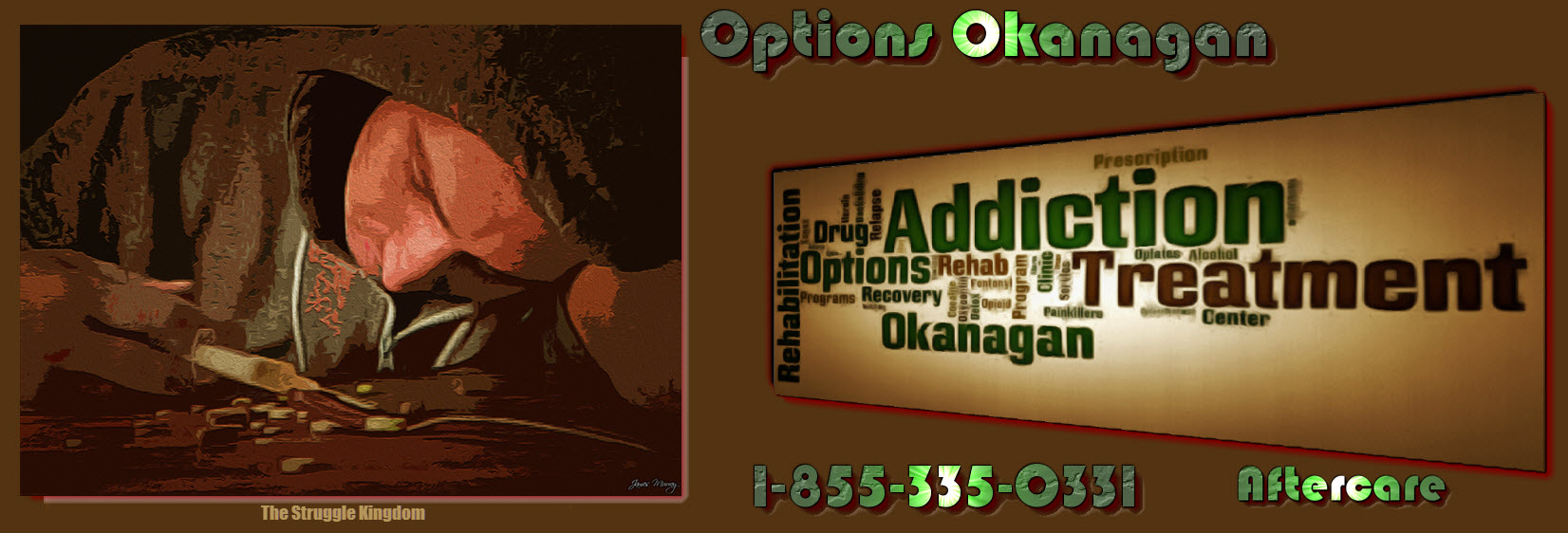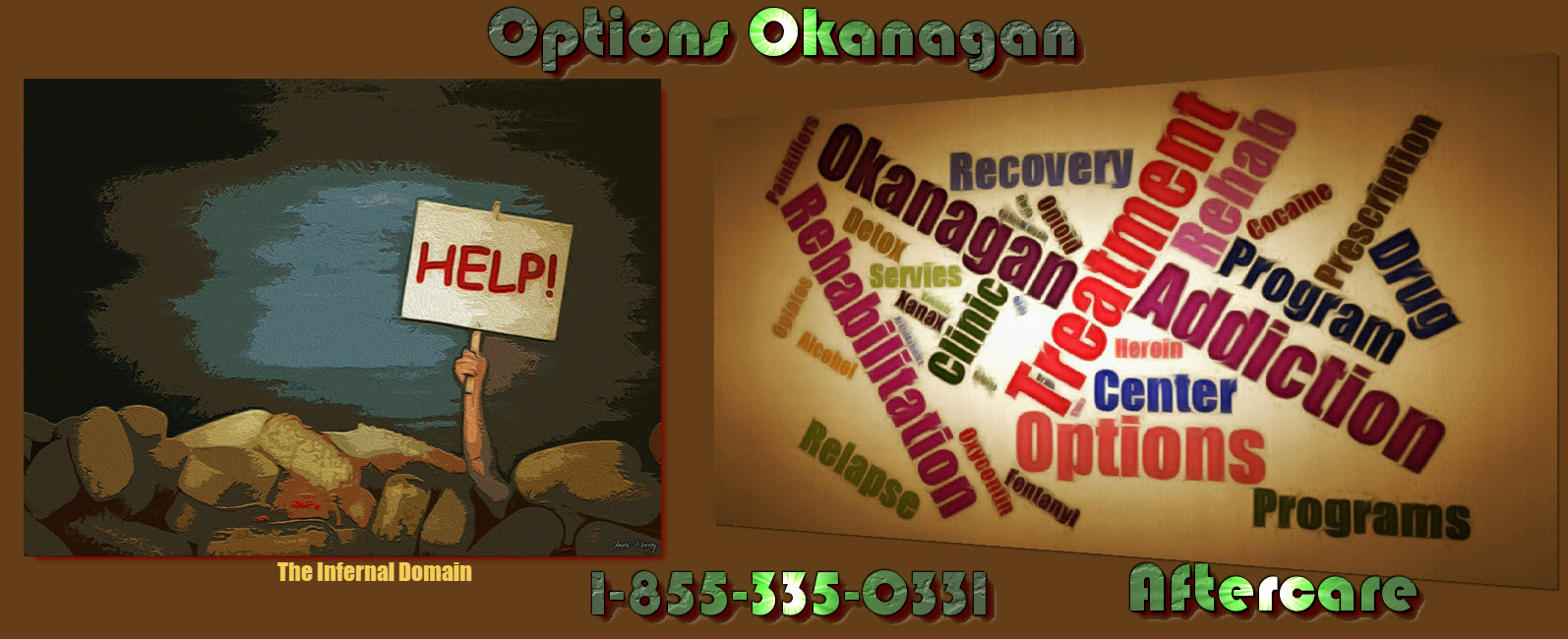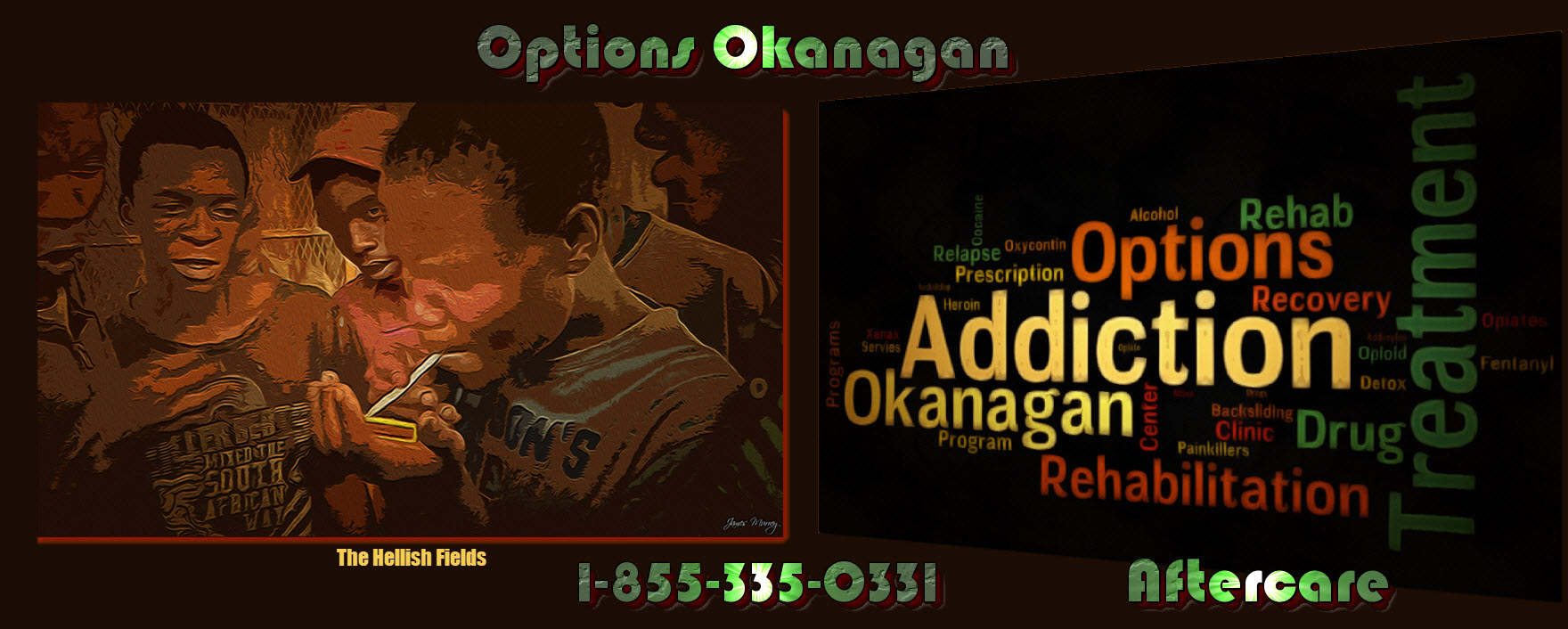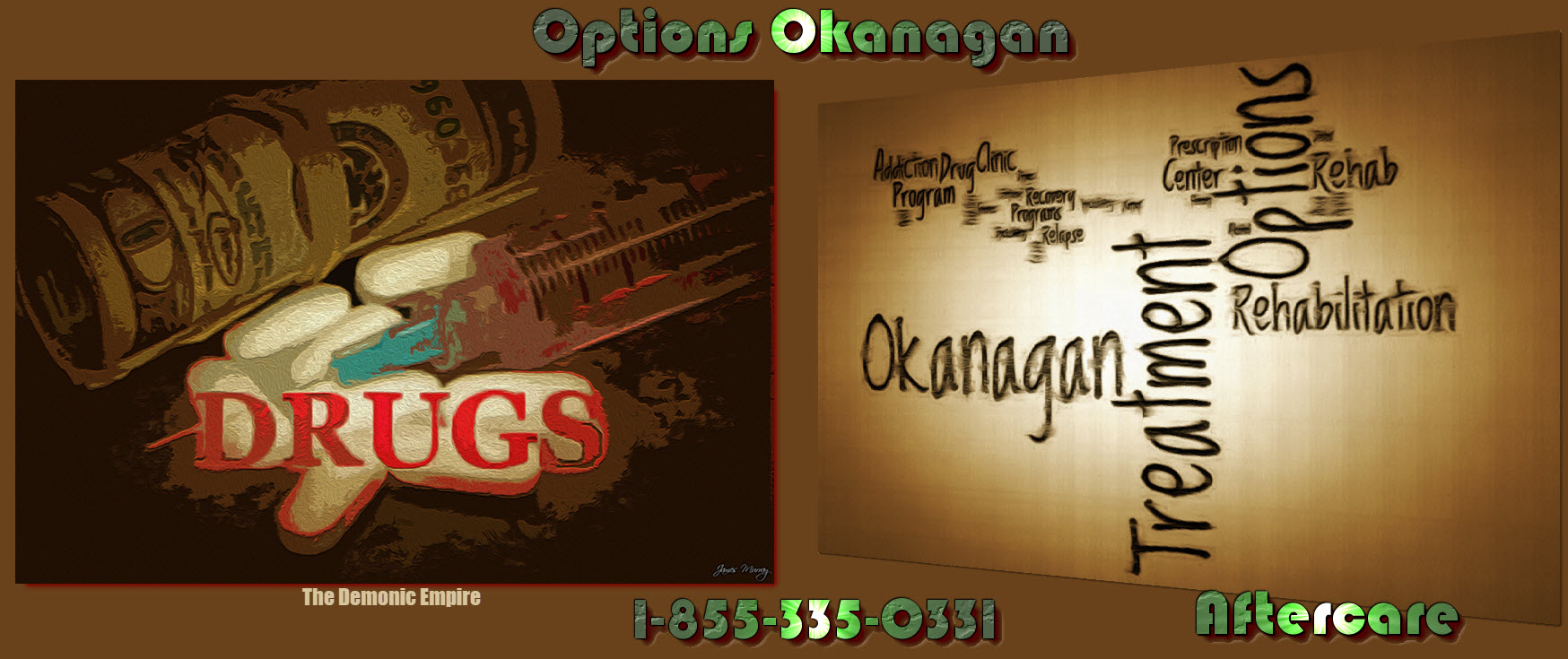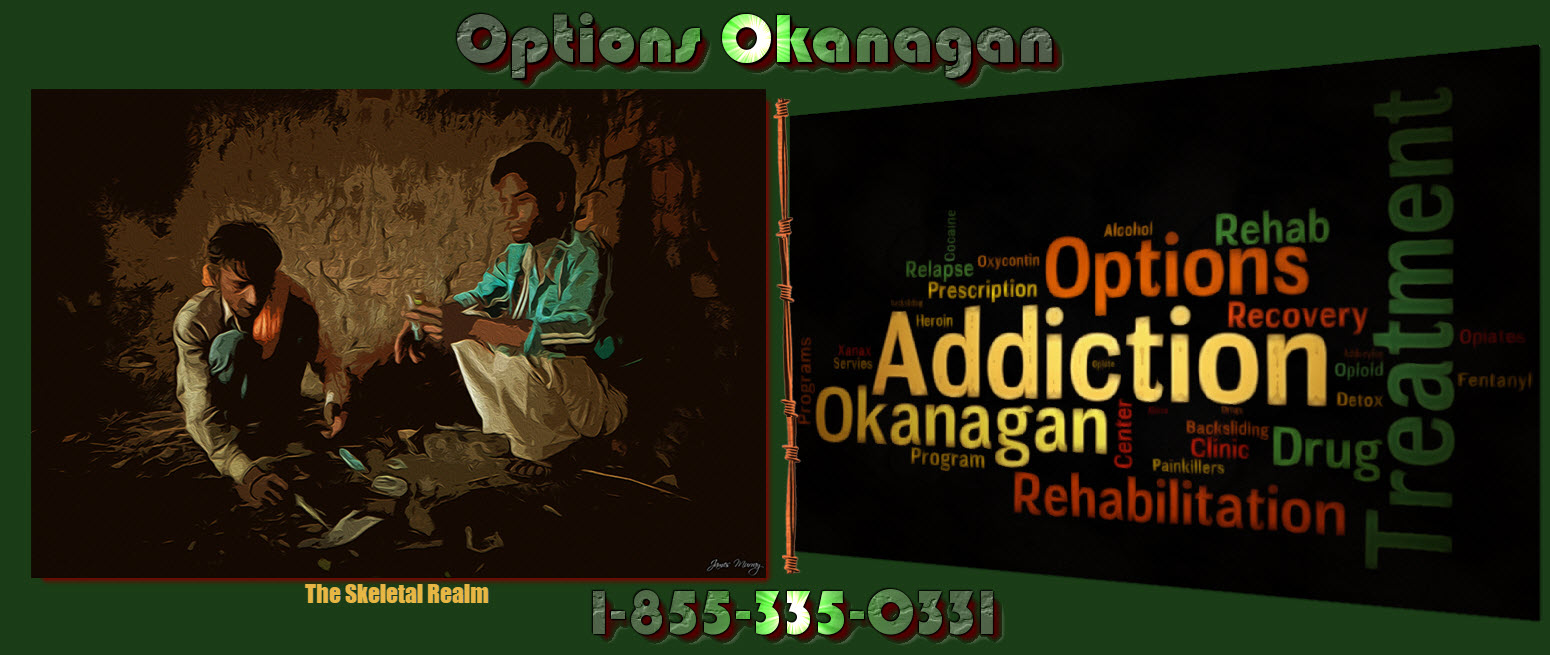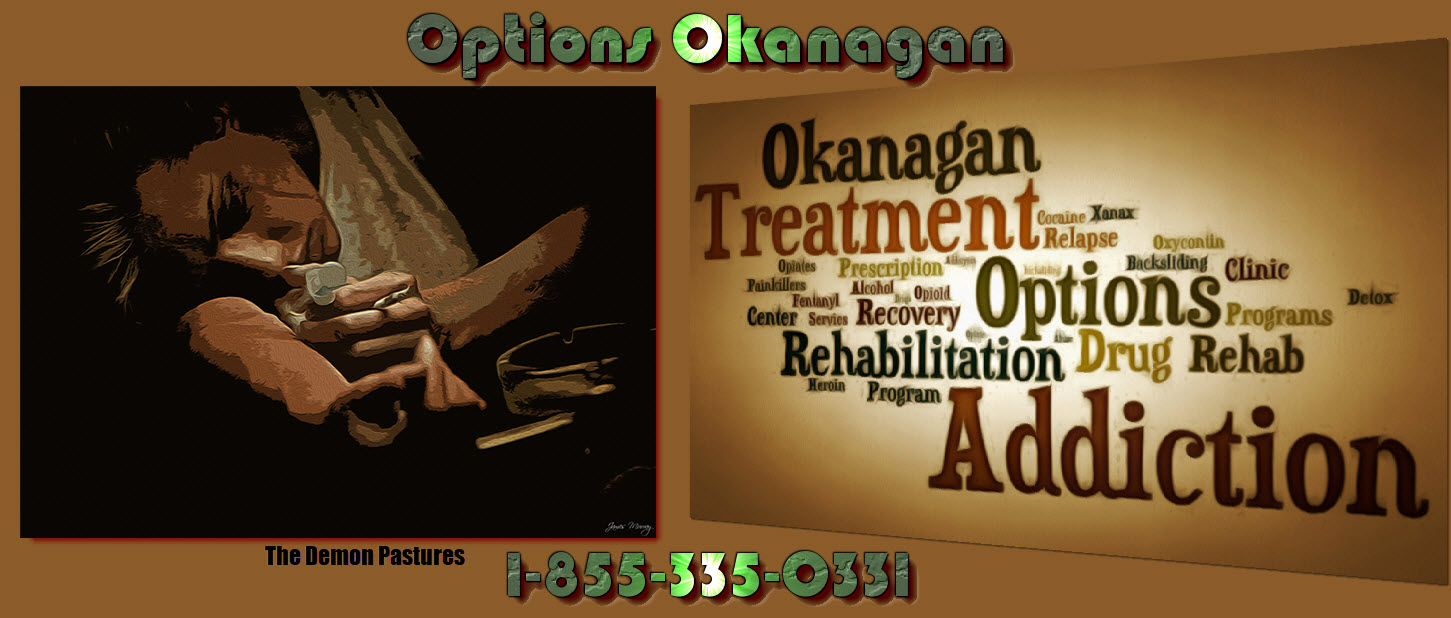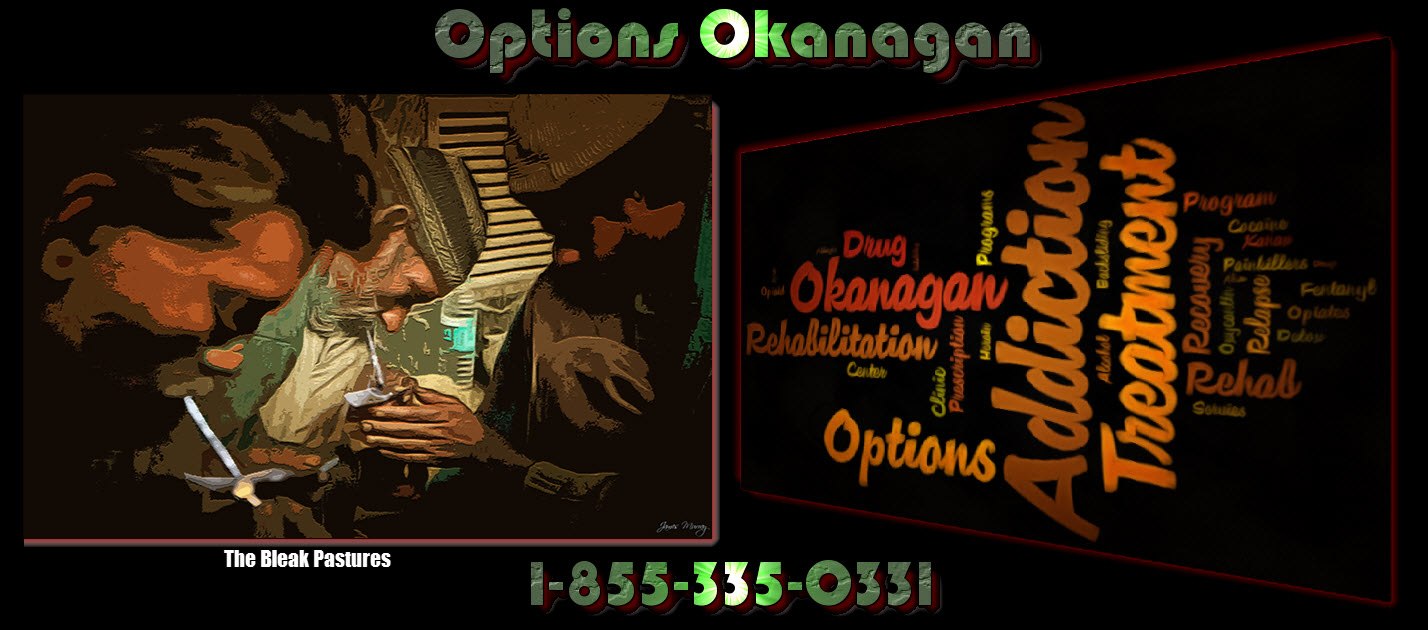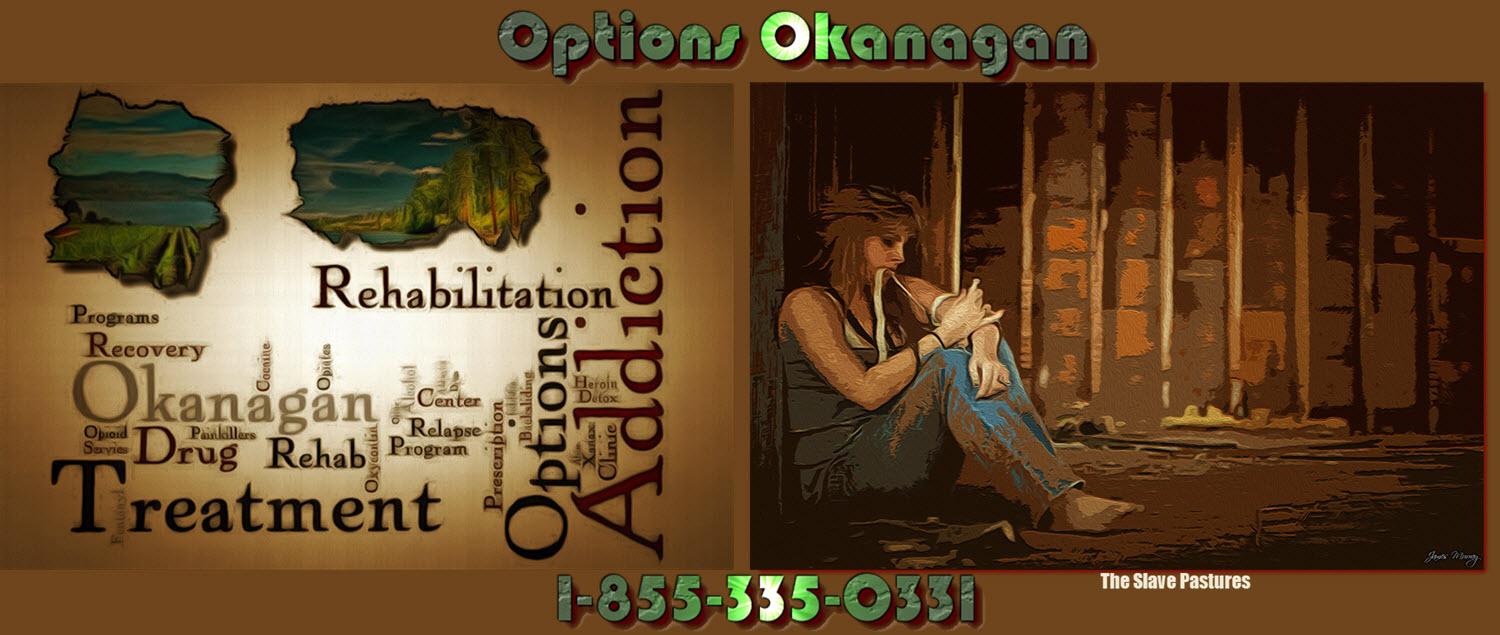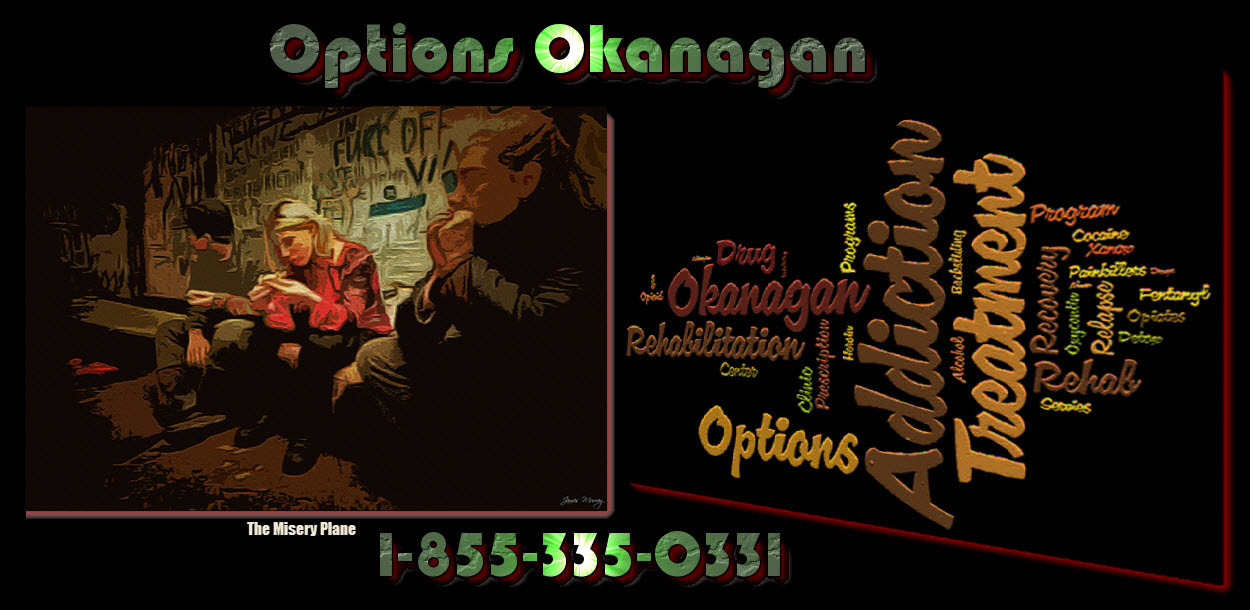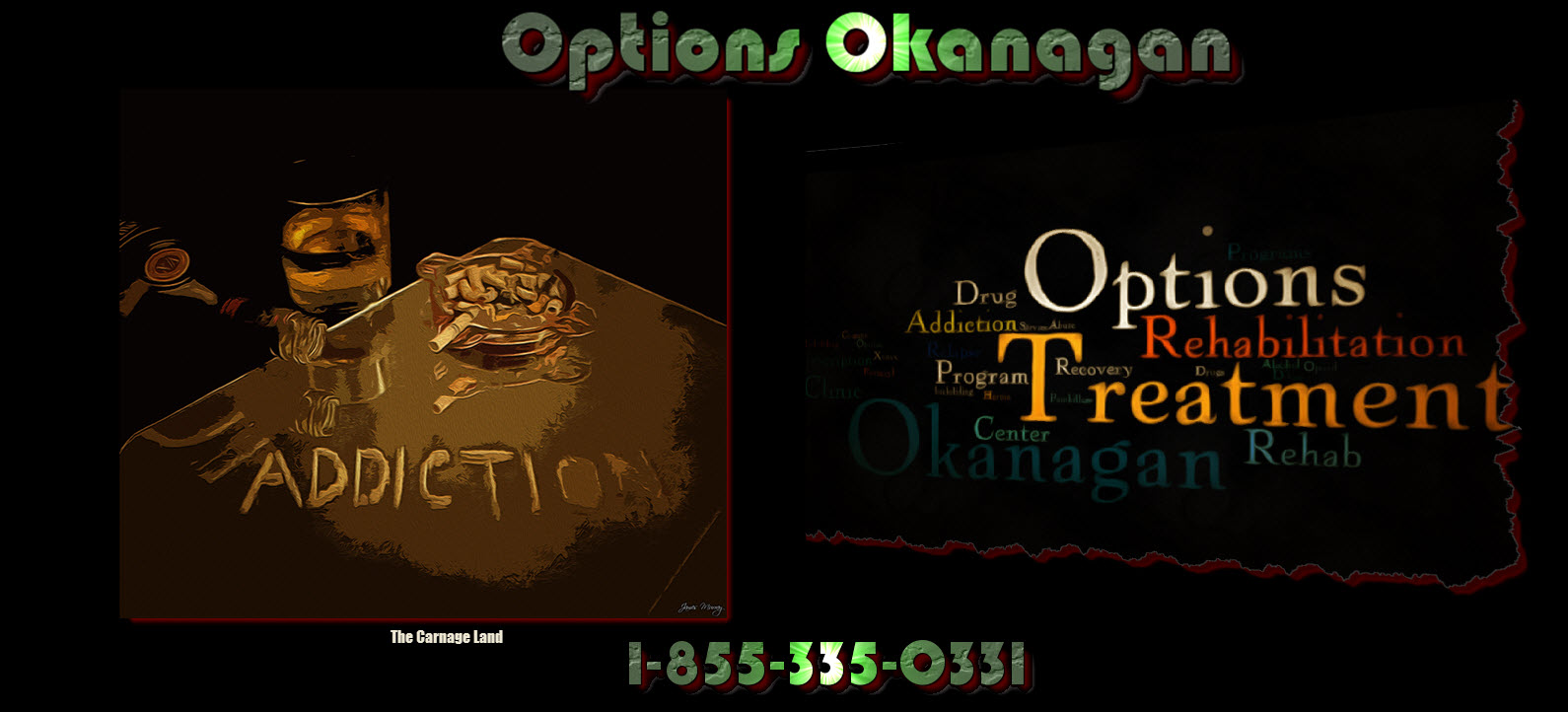Establishing a new plan for being successful in early substance abuse recovery. Alcohol and opiate addiction rehab treatment clinics and programs in Alberta and British Columbia – Options Okanagan Treatment Centers in Kelowna and Salmon Arm (Shuswap), British Columbia treating drug opiate and alcohol addiction and recovery.
Alcohol & Drug Rehabs In Alberta And BC
When treatment ends, the difficulties of living every day in recovery starts, so it is necessary to be prepared and ready. Preparing ahead for recovery after treatment is crucial to ongoing success. Some individuals say that requesting for assistance is the hardest step in challenging drug abuse or alcoholism. While that may hold true, each step in addiction recovery brings brand-new difficulties and is challenging in its own right. For many individuals, leaving a treatment program is scary. Individuals in early sobriety are fragile and vulnerable and now need to learn how to balance their recovery with real-world obstacles and difficulties.
Fortunately, there are certain actions that an individual with substance use disorder (SUD) can take to help with the transition. Having a strong aftercare strategy can help an individual keep their development moving forward and continue to enrich their lives. Here are some ways of establishing a good aftercare strategy.
Think About Continuing Care Treatment
When inpatient treatment has actually ended individuals are keen to go back to their normal lives. But, the abrupt end to the many services available at residential treatment can leave recently sober people reeling. To relieve the shift from full-time treatment, some people discover an intensive outpatient program to be useful.
An extensive outpatient treatment program can enable individuals to continue with their addiction recovery while balancing the responsibilities of their everyday lives. Lots of programs are available in the evenings, so they will not interfere with an individual’s work. Interacting with an extensive outpatient program for a couple of weeks is a healthy approach to step down their level of aftercare.
Connecting with Sober Individuals
Among the most important tools in early addiction recovery is a network of individuals who have an understanding of the obstacles and difficulties of getting sober. The sober communities at AA and NA meetings, on the internet, and other locations have many people who have actually been through addiction recovery and understand what it is like to be successful and prosper in a drug-free life.
Individuals who are recently sober need to get in touch with these groups, which can provide support and encouragement to help keep an individual on track through the obstacles and challenges of early addiction recovery. These experiences can be challenging for individuals in recovery, but it offers substantial advantages for a person’s sobriety.
Individuals living with their addictions is a lifestyle of isolation with practically no support systems around them. Addiction recovery needs to be the opposite lifestyle. Recovery is a time where an individual needs to reach out to them immediately readily available support systems around them. Recovery is a time to discover to live a brand-new type of life.
Recovery is a time where an individual needs to connect and reach out to the readily available support groups around them. Recovery is a time to discover and find out how to live a brand-new life drug-free.
Ask The Family For Recovery Support
Just as sober peers offer a crucial support system, members of the family can help ease the transition in early addiction recovery. While it is not the duty of family members to do recovery for their loved ones, there are certainly a few things that relatives can do to help make things easier and to keep their loved ones in check.
Let family members understand how they can support an individual in their recovery. This may suggest the household not drink around them or taking alternative routes that do not bring the person past the bars they used to frequent. If a person is comfortable sharing their triggers with their loved ones, the family can assist and help an individual to avoid these triggers if one occurs. Something the family can do is keep in mind to be observant and considerate.
Define An Individual’s Borders
Early recovery is a time to integrate brand-new, healthy routines into a person’s life. It is likewise a time to break with unhealthy routines and people. This often means developing boundaries with friends and family members.
In order for borders to work effectively, they need to have interacted. Let the relatives and friends understand where a person’s boundaries lie. If a person has decided that they will not be around anybody who uses alcohol, they should make sure the family knows. If someone in the family drinks, advise family members about their rules again. If the pattern continues, however, an individual might need to withdraw from the relationships for the time being.
Individuals in addiction recovery need to understand that recovery is not just about getting and remaining sober, but about selecting to no longer engaging themselves in relationships that are not healthy, unhealthy thinking, or an unhealthy way of life. All of the puzzle pieces fit together to produce the big picture and the point stays that transformation in their lives is necessary to preserve recovery, and this includes their relationships.
Getting used to the sober life beyond rehab can take some hard work. Having a good support group in place, an individual’s early addiction recovery can be much easier.
Options Okanagan Opiate and Alcohol Treatment Centers in Kelowna, Salmon Arm and Vancouver, British Columbia – Men and Women are recovering and healing from Alcohol and Drug Abuse at our treatment center here in the Okanagan right now.
Our unique and distinctive Opiate Drug and Alcohol treatment program allows men and women to come in from Calgary as well as Edmonton as we offer airport pickup.
Numerous clients come to us from Vancouver, Calgary, and Edmonton and other locations in Alberta and even other provinces for Opiate addiction treatment, heroin drug treatment, many other drug and alcohol addictions for rehabilitation because of the uniqueness of our treatment center.
Our (Kelowna ) Alcohol and Drug Treatment Program Location:
(Not Mailing Address) Contact Us – Web Page
For Mail Delivery :: Please contact each center for correct mailing addresses, also this location is the location of our residential treatment programs in Kelowna. Please call Toll Free 1-855-335-0331 to contact the treatment center you are going to for the address and directions.
Options Okanagan Drug and Alcohol Treatment Center
551 Sherrydale Crescent, Kelowna, British Columbia, V1V 2E6
Toll-Free Phone Number: 1-855-335-0331

